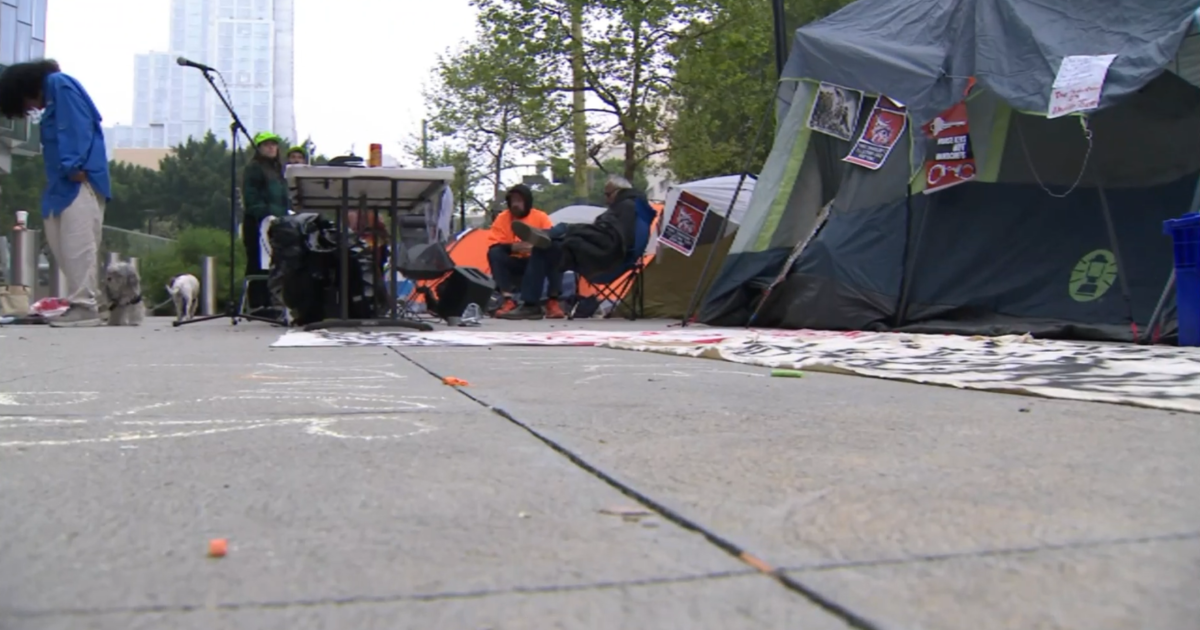Court: California Cities Can Require Developers To Build Affordable Housing
SAN FRANCISCO (AP) — California cities have broad authority to require builders to include a percentage of affordable housing in new projects, the state Supreme Court ruled Monday.
The decision keeps affordable housing requirements approved in more than 170 California cities intact, including San Francisco and cities in Silicon Valley, where skyrocketing housing prices have led to calls for more affordable housing.
At issue was a 2010 San Jose law that requires some new residential developments to set aside 15 percent of their units for sale at below-market rates.
The California Building Industry Association said the city failed to justify the 15 percent requirement and should base any such requirement on an assessment of any negative effect the market-rate housing would have. San Jose's ordinance was essentially transferring the cost of affordable units from the public to homebuilders, said Tony Francois, an attorney with the Pacific Legal Foundation, which represented the building industry association.
"The ruling allows government to impose financial penalties on providers of new housing — a penalty that can only deter efforts to ease the state's housing shortage, and make it even harder and costlier for average families to afford a home in California," Francois said in a statement.
He said the Pacific Legal Foundation and building industry association were reviewing all legal options.
The California Supreme Court, noting that the scarcity of affordable housing had reached "epic proportions," sided with San Jose, saying the city's law does not require the developer to dedicate any portion of its property to the public or pay any money to the public. It just restricts the way the developer may use the property, so it falls in cities' "general broad discretion to regulate the use of real property to serve the legitimate interests of the general public and the community at large," Chief Justice Tani Cantil-Sakauye wrote.
In this case, those interests were increasing the amount of affordable housing in the city and of locating such housing in economically diverse developments, the chief justice said.
A ruling that accepted the builders' argument would have affected similar housing requirements in cities across the state and required them to engage in the type of economic analysis that the building association was seeking, Tim Iglesias, a housing law expert at the University of San Francisco School of Law who wrote a brief in the case in favor of the city, said before the ruling came out. That could have resulted in a lower affordable housing requirement, he said.
"It basically would derail those laws," he said. "And if they do come back, they are going to come back possibly less effective."
(Copyright 2015 The Associated Press. All rights reserved. This material may not be published, broadcast, rewritten or redistributed.)



